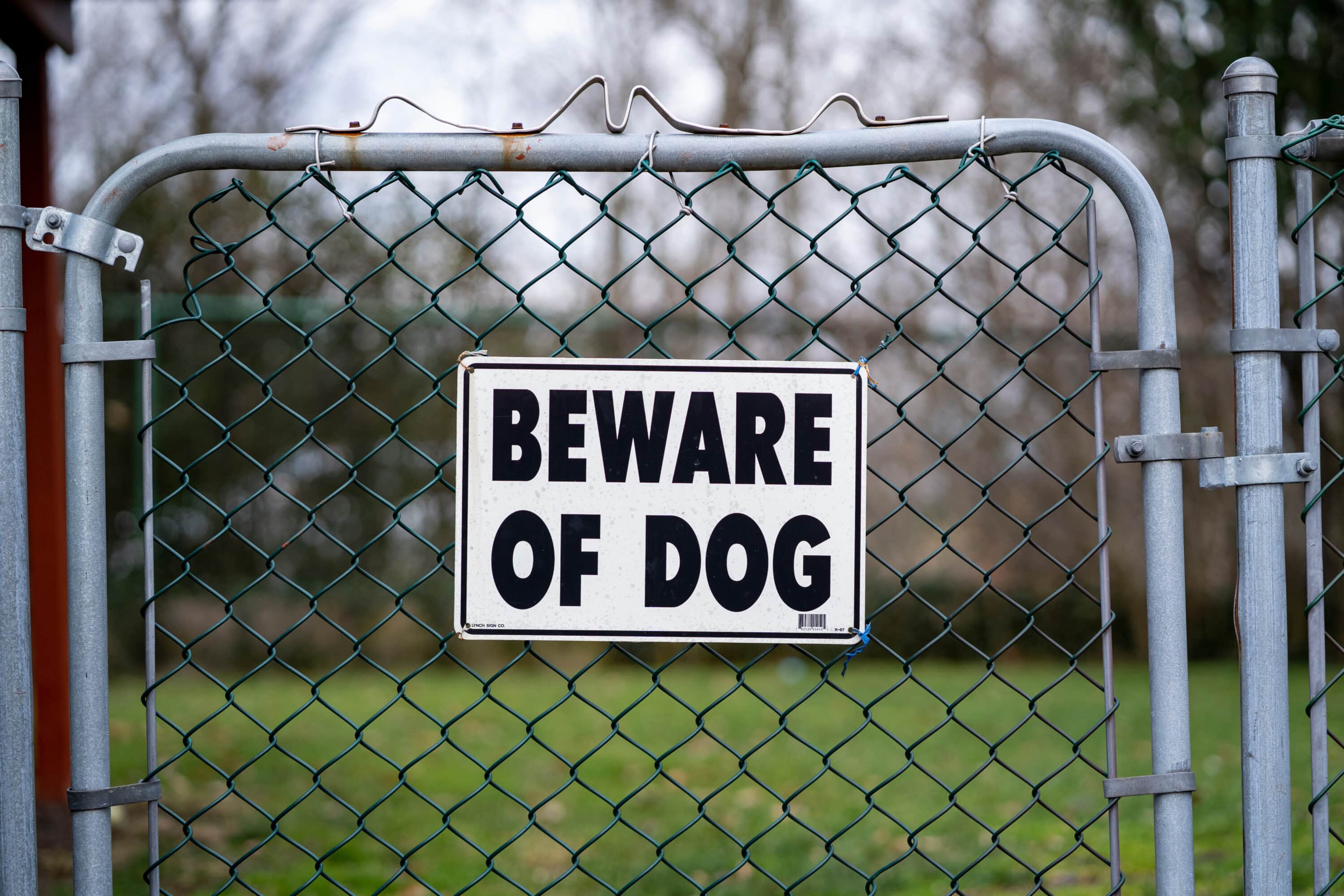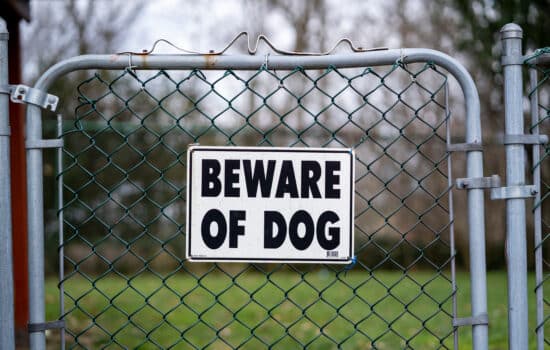By Michael R. Mancinelli, Associate Attorney
Dog bites, motor vehicle accidents, slip and falls—no matter the type of personal injury claim, insurance adjusters will work every conceivable angle to reduce the amount of money paid out to injured parties and to maximize profit margins and bottom lines. Simply put, insurance companies make money by treating injury victims like numbers on a spreadsheet. Some adjusters will even resort to unscrupulous tactics to avoid paying what a claim is really worth.
The good news for Massachusetts personal injury claimants and plaintiffs is that insurance companies and the adjusters who process claims can be held liable for unfair and deceptive claims settlement practices under Massachusetts law. Unfair and deceptive claims settlement practices are defined in M.G.L. chapter 176D, section 3(9). These prohibited practices include:
- Misrepresenting pertinent facts or insurance policy provisions relating to coverages at issue;
- Failing to acknowledge and act reasonably promptly upon communications with respect to claims arising under insurance policies;
- Failing to adopt and implement reasonable standards for the prompt investigation of claims arising under insurance policies;
- Refusing to pay claims without conducting a reasonable investigation based upon all available information;
- Failing to affirm or deny coverage of claims within a reasonable time after proof of loss statements have been completed;
- Failing to effectuate prompt, fair and equitable settlements of claims in which liability has become reasonably clear;
- Compelling insureds to institute litigation to recover amounts due under an insurance policy by offering substantially less than the amounts ultimately recovered in actions brought by such insureds;
- Attempting to settle a claim for less than the amount to which a reasonable man would have believed he was entitled by reference to written or printed advertising material accompanying or made part of an application;
- Attempting to settle claims on the basis of an application which was altered without notice to, or knowledge or consent of the insured;
- Making claims payments to insured or beneficiaries not accompanied by a statement setting forth the coverage under which payments are being made;
- Making known to insured or claimants a policy of appealing from arbitration awards in favor of insureds or claimants for the purpose of compelling them to accept settlements of compromises less than the amount awarded in arbitration;
- Delaying the investigation or payment of claims by requiring that an insured or claimant, or the physician of either, submit a preliminary claim report and then requiring the subsequent submission of formal proof of loss forms, both of which submissions contain substantially the same information;
- Failing to settle claims promptly, where liability has become reasonably clear, under one portion of the insurance policy coverage in order to influence settlements under other portions of the insurance policy coverage; or
- Failing to provide promptly a reasonable explanation of the basis in the insurance policy in relation to the facts or applicable law for denial of a claim or for the offer of a compromise settlement.
An insurance company that engages in one or more of these prohibited unfair and deceptive claims settlement practices can be subject to liability under the Massachusetts Consumer Protection Act—M.G.L. chapter 93A, section 9. Furthermore, under M.G.L. Chapter 93A, if a court finds that an insurance company willfully or knowingly employed unfair and deceptive claims settlement practices, then an injured party can recover double or even triple their damages from the insurance company. For example, Wynn & Wynn successfully argued in one case involving Hanover Insurance Company that Hanover failed to tender a reasonable settlement offer where liability was clear. The Court awarded our client an additional $100,000.00 for Hanover’s unfair and deceptive acts.
The threat of double or triple damages should give insurance companies a strong incentive to negotiate in good faith. But this is not always the case, especially when insurance companies believe they can take advantage of an unrepresented claimant or plaintiff. With this in mind, it is important to consult with an experienced Massachusetts personal injury attorney immediately after an auto accident, slip and fall, dog bite or any other situation in which a third party’s negligence caused harm.
If you or a family member was injured in a Massachusetts auto accident, a slip and fall, was bit by a dog, or was otherwise harmed by someone else’s negligence, contact Wynn & Wynn Attorneys today and benefit from our decades of experience with insurance companies and the Massachusetts court system. We can be reached at 1-800-852-5211 (Toll-Free); 1-508-823-4567 (Raynham); and 1-508-775-3665 (Hyannis).
We have successfully represented personal injury victims from all over Southeastern Massachusetts, Cape Cod, and the Islands, including communities in Bristol County, Plymouth County, Norfolk County, and Barnstable County like Raynham, Taunton, Bridgewater, East Bridgewater, West Bridgewater, Brockton, Easton, Stoughton, Norton, Mansfield, Berkley, Dighton, Rehoboth, Seekonk, Fall River, Westport, Swansea, Lakeville, Middleborough, Carver, Plymouth, Whitman, Hanson, Halifax, Plympton Rochester, New Bedford, Wareham, Marion, Mattapoisset, Fairhaven, Dartmouth, Bourne, Falmouth, Sandwich, Mashpee, Barnstable, Dennis, Yarmouth, Nantucket and Martha’s Vineyard.












